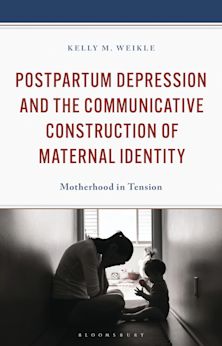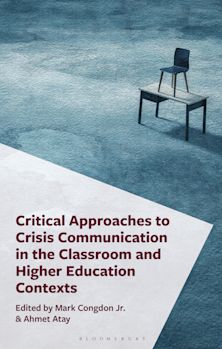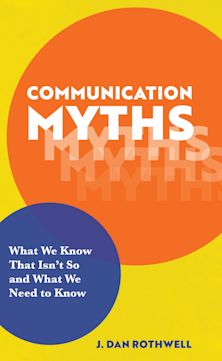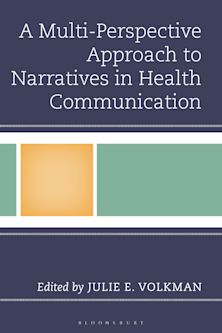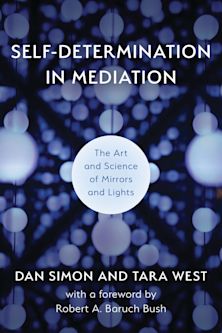The Ethics of Listening
Creating Space for Sustainable Dialogue
The Ethics of Listening
Creating Space for Sustainable Dialogue
This product is usually dispatched within 3 days
- Delivery and returns info
-
Free US delivery on orders $35 or over
Description
There are ways of being in the world that create a flourishing life and other ways that restrict that life, both for ourselves and others. Listening is one of these ways of being. Listening gives shape to speaking, inviting other people into a dialogue that impacts our everyday lives. Our acts of listening, like all communication, are shaped by our cultural and individual differences. Unfortunately, as people consider ways to ethically listen, they often abide by a set of conversational rules that do not reflect or benefit their own or others’ unique contexts and communities.
In this book, Parks responds to gaps in scholarship related to listening in communication research and difference in ethics scholarship. Rather than imposing a rigid ethical norm that is unresponsive to diverse cultural practices, her proposed listening ethic is one that is highly contextualized and pluralistic and yet dares to make normative claims. Using discourse research methods that are both qualitative and quantitative, Parks goes beyond describing what listening is in a given context to what ethical listening should be. Empirical findings about listening from multiple communities that represent diverse ethnic, gender, and disability orientations are interwoven with insights from communication ethics to develop the first-ever dialogic ethics of listening that is empirically-based, culturally-grounded, and normative.
Ten shared values emerge as guidelines for good listening in this ethic: be open, cultivate understanding, practice authenticity, engage in critical thinking, invest in relationship, care for the dialogue, focus on what matters, be intentionally present, remember the ongoing story, and be responsive to need. These values, while shared across cultures, may be expressed in a diverse and sometimes conflicting communicative practices. Ultimately, Parks proposes that ethical listening is best conceptualized as pursuit of sustainable hospitality in our dialogic interactions within and across difference. By understanding the ways that different people share listening values yet practice them differently, we can learn to trust each other and attest to the hope that ethical dialogue is possible.
Table of Contents
Chapter 2: The Power of Difference and Values that Unite
Chapter 3: Take Off Your Armor and Bring Down the Walls: Adopting a Listening Posture
Chapter 4: Dolls and Cages: Listening as Investment and Care
Chapter 5: Deep Listening: Remembering and Responding with Intentional Focus
Chapter 6: Hyenas and Chickens: Listening as Invitation
Chapter 7: Hope for Sustainable Hospitality
Product details
| Published | Aug 12 2020 |
|---|---|
| Format | Paperback |
| Edition | 1st |
| Extent | 240 |
| ISBN | 9781498573283 |
| Imprint | Lexington Books |
| Dimensions | 9 x 6 inches |
| Publisher | Bloomsbury Publishing |
Reviews

ONLINE RESOURCES
Bloomsbury Collections
This book is available on Bloomsbury Collections where your library has access.












